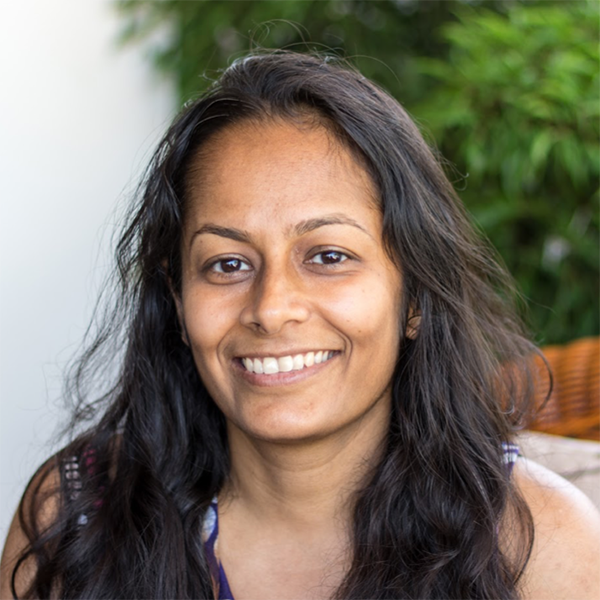As Dennis and I were discussing developing and launching an inclusivity and feedback series, he mentioned how he’s looking forward to feedback leading to a two-way generative conversation. I looked at him, and said honestly, “I don’t feel everyone’s opinions need to be equal in conversations on inclusion and equity.”
One of the popular notions in democratic society is the idea of equal voices and listening to everyone’s viewpoints equally. But there’s an inherent assumption underlying the value that we all need to listen to each other’s feedback: that our voices are equal and heard with equal consideration.
As a woman of color, I know I experience microaggressions and discrimination in the form of conscious and unconscious bias several times a day, from being seated in the back of most restaurants, to people cutting me off in line without even the least bit of a nod, or simply being ignored in exclusive spaces that are primarily white and male. There are many days I don’t even register these incidents; after all, I have experienced this identity my entire life. I’m happy to give feedback to individuals, although that work can be emotionally taxing. But I do not feel the need to hear the rationale or “the other side” to these situations.
The power dynamics of most situations are uneven. Immigrant communities and people of color feel the consequences of historical injustice every day. Our experience of discrimination is not an opinion. When we are asked to hear other people’s perspectives around questions of racial or gender bias, we are acknowledging there’s two sides to the issue. There aren’t. I believe instead that we should all learn and grow through active listening and empathy.
I take this advice to heart when the tables are switched. Where there are situations where I have the power, with a colleague who is reporting to me, or in service situations such as with childcare providers, when they give me feedback I try to listen genuinely and value their feelings. Of course, human instinct sometimes kicks in and I find myself tried to explain my good intentions and defend myself. But then I stop and ask who holds the power? How difficult must it be for this person to share their opinions with me at this moment? And then I stop and just listen. I don’t often feel great afterwards, feedback is not for the weak. But I do try and grow from the experience.
I offer an alternative to two-way conversations with equal “airtime.” Rather than listen to both sides of an issue, I think we should be spending more of our time and resources listening to the side that has a quieter voice, either because of historical oppression or existing power dynamics.
I’d suggest we can even try and invest time in reading and learning about their experiences so the onus of educating on these issues is not again on their shoulders.
This series is exploring how we can explore opening the space for new people into feedback conversations, and that means grappling with how to ensure a diverse range of voices- especially from those we don’t often hear from – are truly welcome. It also means balancing conversations so that the familiar voice that’s always heard doesn’t get disproportionate airtime. It means making the act of asking for feedback itself more inclusive. We’re excited to explore how feedback contributes to a more equitable conversation.
If we can get to a point that two parties are coming into a conversation acknowledging their respective privileges and vulnerabilities, and with a desire to listen compassionately as a priority over “having a say”, we can then maybe start to have truly effective conversations.
This blog represents Ambika’s views alone and is not representative of the view of her organisation or any affiliations.

Ambika Samarthya-Howard is a documentary filmmaker and currently the Head of Communications for WITNESS. She received her MFA in Film at Columbia University and has done art and media projects in Japan, Bollywood, and West Africa. She worked as a senior producer in community television in Brooklyn, with the BBC Media Action in Nigeria as a broadcast TV Trainer and with UNICEF as a Communications Specialist. She has spoken and written extensively on filmmaking, social good, and inclusivity at a range of conferences globally, including winning best poster at University of London’s Behavior Change Conference. She co-authored two chapters in the recently published book Affordability Issues Surrounding the Use of ICT for Development and Poverty Reduction.







